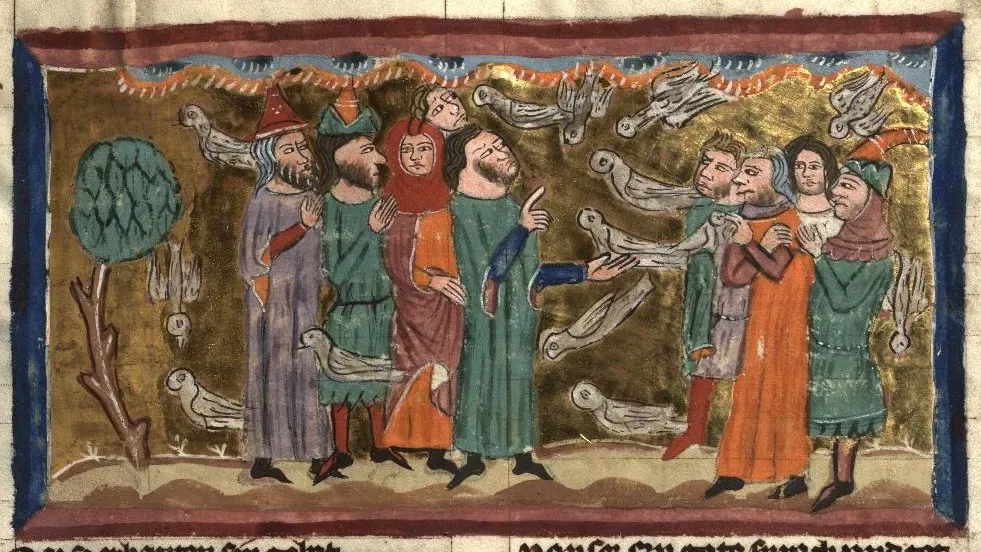God's ability vs Moses' incredulity

And the Lord said unto Moses, Is the Lord's hand waxed short? thou shalt see now whether my word shall come to pass unto thee or not. Numbers 11:23
This is God's reply to the incredulity that Moses had over God's promise to feed the nation of Israel with meat for a month. Moses couldn't imagine such a thing ("Shall the flocks and the herds be slain for them, to suffice them? or shall all the fish of the sea be gathered together for them, to suffice them?" ver 22), and his inability to visualize this led to his questioning the Lord's promise. However, his unbelief is quickly and categorically reprimanded with the reminder that God's power is not limited and his promises never fail.
It is easy to read this and think what a blockhead Moses was for questioning God's power and promise. And yet, aren't we often guilty of the same thing? Do we not often judge the trustworthiness of God's promises by our ability to visualize the ways in which we can see how they might materialize? If we can't see how God might fulfill his promises, well then, they can't be true! And even if we don't actually say it out loud, how often do our hearts secretly whisper it in our ears?
At such a moment, let us hear God's response to Moses: "Thou shalt see now whether my word shall come to pass unto thee or not." It doesn't matter whether we can understand how God might accomplish his word. Let us not worry ourselves about that, for if we trust in him we shall see it. Indeed, Moses needed a dose or two of his own medicine; what he told the Israelites when they just knew Pharaoh was about to kill them was relevant here as well: "Fear ye not, stand still, and see the salvation of the Lord, which he will shew to you to day" (Exodus 14:13). God's ability to keep his promises does not depend on our ability to understand them.
Today, be still and know that God is God, and there is none else. Trust in him, and rest in the reality that his hand has not waxed short and that his word will surely come to pass.